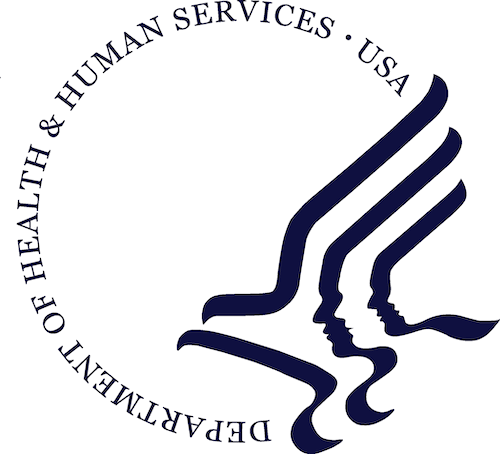
September 15, 2022 – The HHS announced approval of the Oregon Health Authority’s proposal to cover community-based mobile crisis intervention services in Medicaid. Made possible by President Biden’s American Rescue Plan, the new first-in-the-nation Medicaid State plan amendment will allow Oregon to provide community-based stabilization services to individuals experiencing mental health and/or substance use crises throughout the state by connecting them to a behavioral health specialist 24 hours per day, every day of the year.
The new Medicaid option became available to states in April 2022 and is part of HHS’ latest effort to deliver on President Biden’s comprehensive national strategy to address the nation’s mental health crisis. The option also furthers the goals of the Secretary’s National Tour to Strengthen Mental Health, which was launched the day after the State of the Union to address the mental health challenges that have been exacerbated by the COVID-19 pandemic, including substance use, youth mental health, and suicide.
Finally, the option advances the President’s call to action for state and local leaders to dedicate and deploy more American Rescue Plan funding to make our communities safer. Too often, law enforcement must serve as mental health counselors or social workers, which takes away from their policing work. By mobilizing mental health and substance use professionals to respond to people experiencing mental health or substance use crises, this intervention eases the burden on law enforcement and allows them to do the important work of accountable policing.
Oregon is the first state to seek and be granted approval for this new Medicaid option, and the Department strongly encourages other states to follow Oregon’s model of expanding access to these vital crises care services. Helping states integrate behavioral health services into their Medicaid programs is a critical component of establishing a stronger and more sustainable crisis care continuum. That is why the American Rescue Plan also provided $15 million in planning grants to help 20 state Medicaid agencies develop these programs.
The new Medicaid option gives states an opportunity to support community-based mobile crisis intervention services for individuals with Medicaid, including those who have both a mental health and substance use condition, such as opioid use. Mobile crisis intervention services aim to provide individuals who are experiencing mental health and/or substance use crises with screening and assessment; community-based stabilization and de-escalation; and coordination with and referrals to health, social and other services (e.g., life skills training, education about the effects of medication), as needed, by a trained behavioral health professional or paraprofessional. Providing immediate and appropriate care to someone in crisis not only helps reduce the possibility that they will harm themselves, but also helps reduce the need for costly inpatient services.
